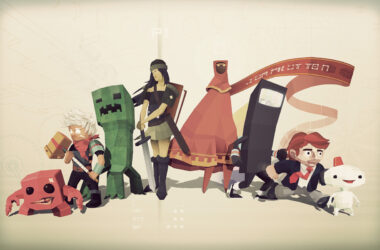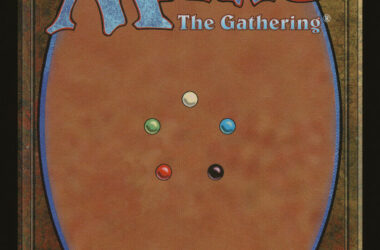The game was Pikuniku.
It’s a pretty silly indie game. The art style is simple to the point where it feels like it was drawn by kindergarteners; the gameplay is loose and forgiving; and the story and dialogue are…also about what first and second graders would come up with, though with a couple of Pixar-esque winks and nods for the adults who might be playing this game.
In short, it was the perfect game for my kids to sink their baby teeth into.
They’ve been obsessed with the game for months now, ever since I downloaded the game via Xbox Game Pass on a whim. There’s the simplistic co-op mode with a handful of levels that aren’t actually that well-designed for 2 players. There’s the soundtrack, which we’ve had to endure via the Google Home speakers sown around the household. They’ve played through most parts of the single-player campaign, restarting the entire thing when they get stuck at a puzzle or a level—but less so recently as we’ve constrained their video game time with the start of the school year. There’s even a coloring page1 that someone posted on Twitter, of which my daughter insists on printing out and recoloring about once a month.
Even with all that, they never quite got around to beating the game until very recently. The endgame isn’t exactly Mike Tyson (from the original Punch-Out!!) hard, but it does follow the standard video game tropes of increasing difficulty, from more elaborate puzzles to learning a boss’s attack patterns and even has an escape sequence thrown in for good measure. My kids knew none of this, of course, so for them it was a bit strange to find themselves unable to get past certain encounters on the first try—hence restarting the game entirely—though over time they also naturally improved at the game itself.
A quick aside: people don’t like spoilers. Despite the free flow of information enabled by the commercial internet, communities quickly created and solidified social norms around not spoiling pieces of mass media, and not blurting out the ending of movies or TV shows or books or video games. That is, people recognize that a part of the enjoyment of media consumption is participating in the journey, engaging in the twists and turns along the way, and investing themselves into the story which pays off in that final culmination2. This is even more acute for video games, as the player really has to earn that ending by honing and leveling up their own skills along the way.
Back to my kids and their eventual triumph of Pikuniku. Given that they don’t really know how spoilers or game design works, it was an entirely joyous occasion to beat that unusually difficult boss character3, rescue their in-game NPC friends, and then watch a bunch of unfamiliar names scroll by. I no longer remember what it felt like when I beat my first game, but I’d imagine that their sense of accomplishment, that relishing of the journey, has to be an order of magnitude greater than my own gaming victories.
And in many ways, I’m glad that my generation—having grown up with and normalized video games as entertainment—can better relate to the medium and the experiences that it offers. My parents never really understood why games were fun, and although they tolerated my childhood hobby, it was, in typical Asian parenting fashion, treated as a distraction away from the noble pastime of unrelenting schoolwork. One of my goals when I became a parent was to find ample ways to relate with my kids, and Pikuniku may have just kickstarted that journey.
For those who are not parents of young children: some kids are really into coloring pages.↩
Of course, if you screw up the ending—you get the anger and disappointment from expectations unfulfilled, Game of Thrones style.↩
Who happens to be the main friend-turned-antagonist, duh.↩


